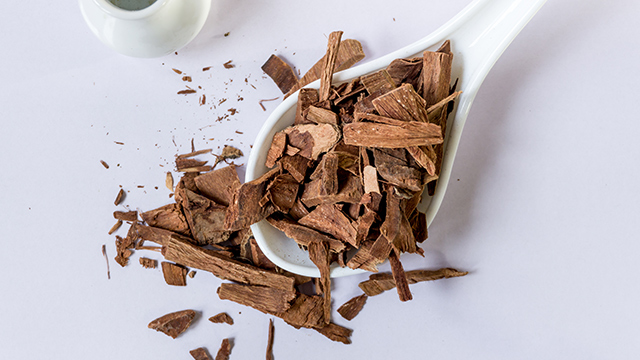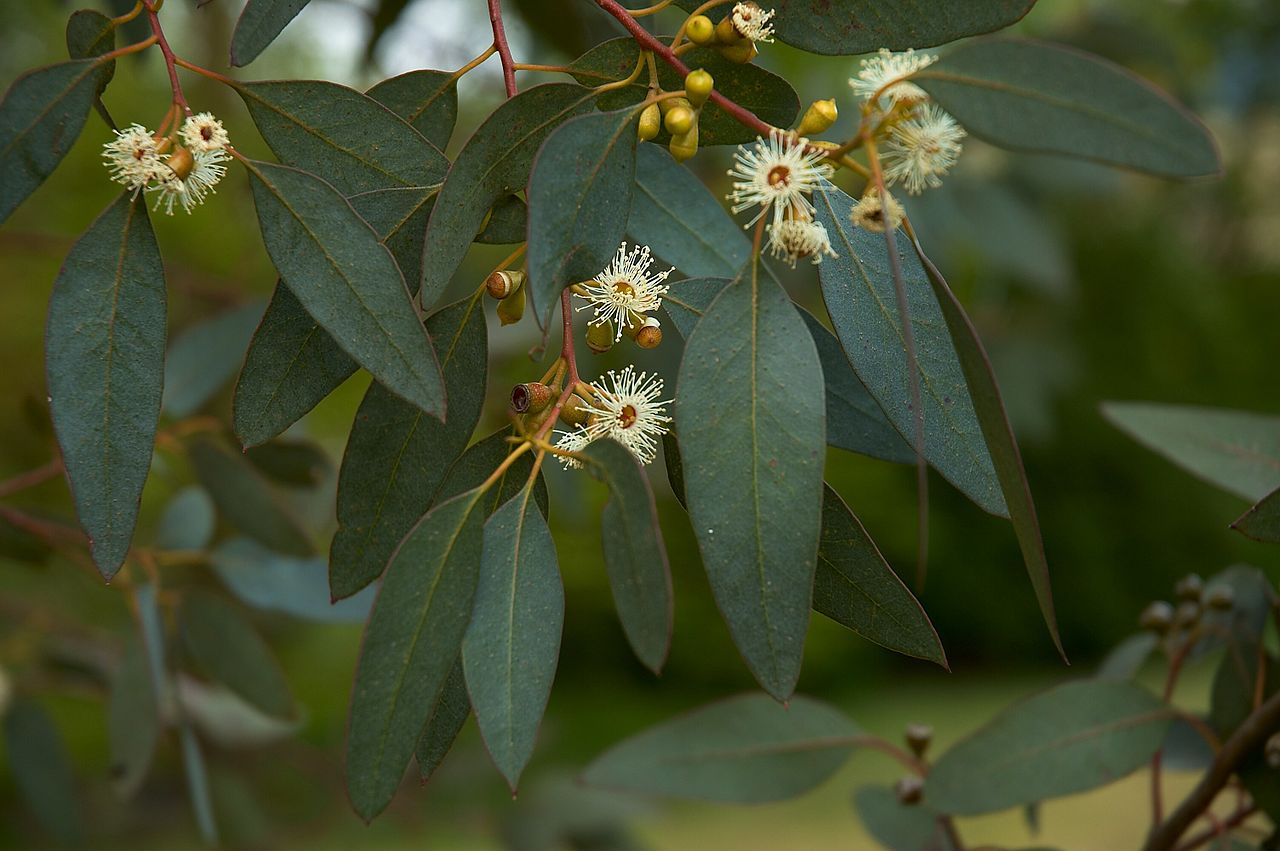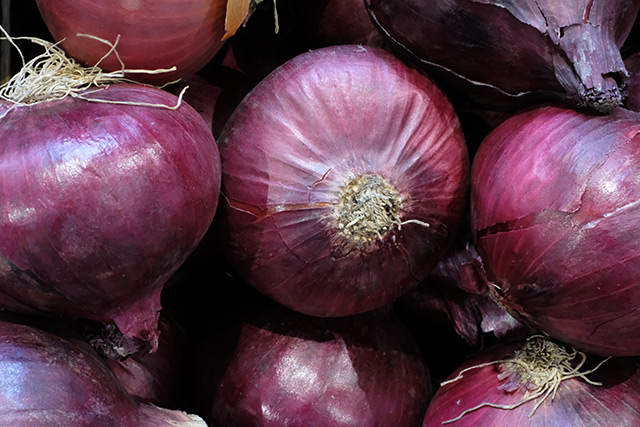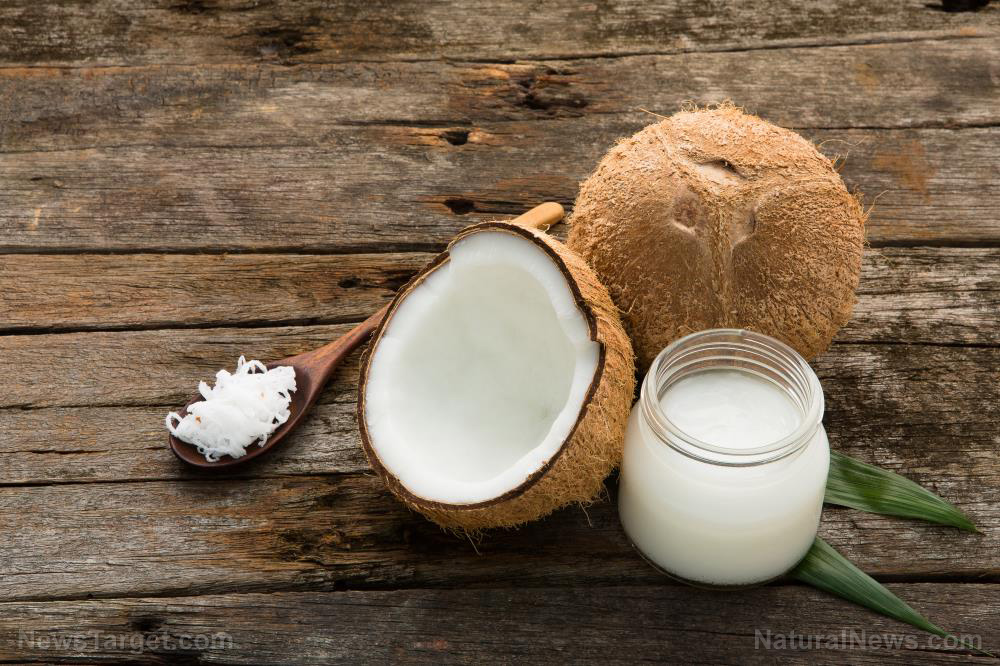Three herbs from Crete, Greece show potential in treating upper respiratory tract infections
10/27/2018 / By Edsel Cook
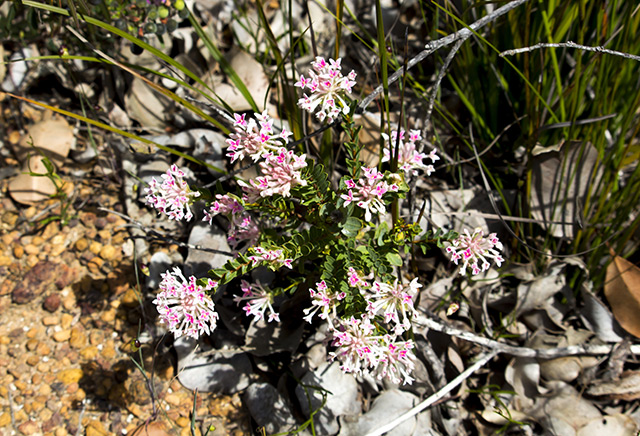
For thousands of years, the natives of the Greek island of Crete used local aromatic plants as herbal remedies for the common cold. Three of those herbs – dictamnus, sage, and thyme – have drawn attention for their antioxidant properties.
The three herbs were used to make a new herbal extract that could treat upper respiratory tract infections. After it passed a double-blind, randomized, placebo-controlled trial with flying colors, the herbal extract was made commercially available in 2015 as a nutritional supplement.
An observational study by Greek researchers followed up on the earlier trial of the herbal supplement. It sought to determine the effectiveness of the new extract – a soft gel capsule diluted in extra virgin oil – in ameliorating upper respiratory tract infections after its market release.
The University of Crete (UoC) team conducted the new study in 16 selected pharmacies in Heraklion, Crete, Greece. Participants were patients who showed symptoms of upper respiratory tract infection – specifically, fever, which indicated viral infection – and voluntarily picked the extract as their mode of treatment.
Follow-up observational study on recently released herbal supplement
The researchers presented 185 participants with questionnaires that analyzed the severity and duration of the symptoms upon receiving the supplement. The questionnaire was based on the Wisconsin Upper Respiratory System Survey (WURSS-21) assessment test.
Symptoms were recorded during the first, third, and seventh day of the study. Using a Likert scale, each patient was scored based on local symptoms, general symptoms, and the total score of symptoms.
100% organic essential oil sets now available for your home and personal care, including Rosemary, Oregano, Eucalyptus, Tea Tree, Clary Sage and more, all 100% organic and laboratory tested for safety. A multitude of uses, from stress reduction to topical first aid. See the complete listing here, and help support this news site.
Furthermore, the UoC researchers also observed the effectiveness of the herbal remedy in the presence of fever. They also measured its effectiveness when taken alongside supplementary medicine.
Finally, they documented the day patients believed they were feeling better, as well as the day when they no longer registered any symptoms. (Related: Antibiotics in the wild: Usnea, a lichen that grows all around the globe, has been used as effective natural medicine for centuries.)
Cretan herb supplement proven to ameliorate upper respiratory tract illness with fever
The researchers found that the mean score of general symptoms for upper respiratory tract illness dropped by 55 percent during the fourth day and 83.8 percent by the seventh day. The mean score of local symptoms was reduced by 70.9 percent and 93.7 percent on those same days.
In addition, the mean total score of symptoms went down by 59.6 percent and 87 percent on the fourth and last day. Meanwhile, the number of patients who reported having fever plummeted from 82.1 percent (Day 1) to just 8 percent (Day 4) before ending with 2 percent (Day 7).
Participants reported they felt better starting on the third day after taking the extract. Most or all of their symptoms were gone by the sixth day of treatment.
At the end of the observation period, 81.7 percent of patients no longer felt any symptoms. Taking supplementary medicine and the like did not change this timing.
Speaking of supplementary medication, the researchers noted that patients with worse symptoms displayed a tendency to use more medicines. Supplementary medicines did not have any significant effects on the total score of symptoms.
Based on their findings, the UoC researchers said their work reflected the findings of the earlier study regarding the efficacy of dictamnus, sage, and thyme in treating upper respiratory tract infections. Furthermore, they also came across a new result not covered by the previous work: The percentage of people who reported fever before taking the herbal medicine dropped by more than 90 percent during the course of the trial.
They added that supplementary medication intake did not appear to alter the severity of the symptoms or change the day that patients reported cessation of symptoms.
See NaturalAntibiotics.news for more storage about natural approaches to treating infections.
Sources include:
Tagged Under: dictamnus, goodherbs, herbal medicines, Herbs, infections, medicinal herbs, medicinal plants, natural cures, natural medicine, natural remedies, respiratory tract infections, sage, thyme, upper respiratory tract infections





